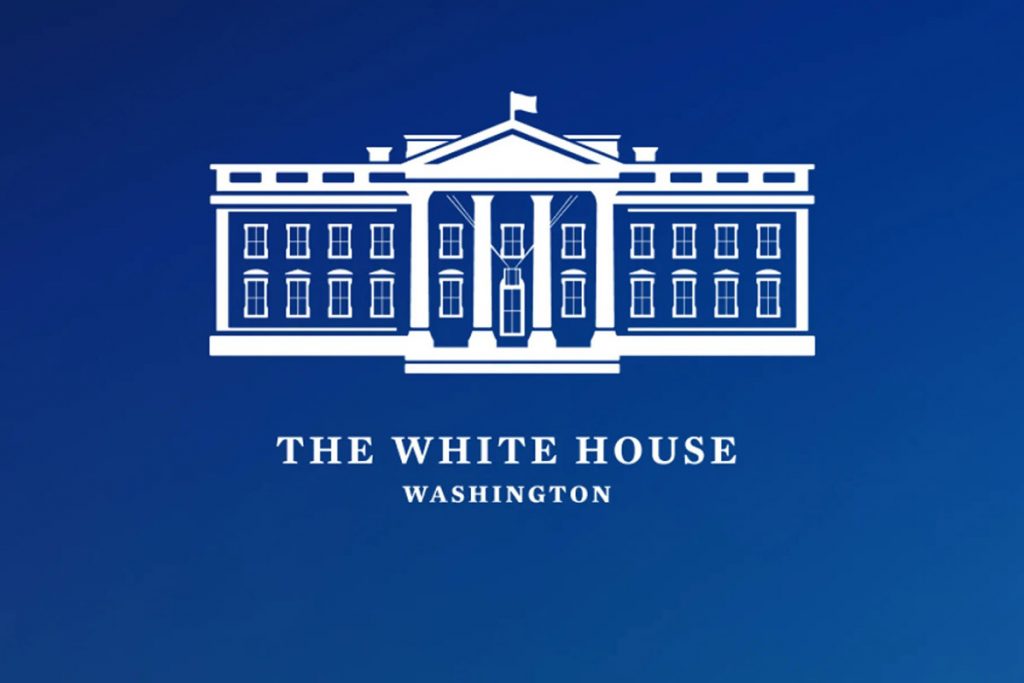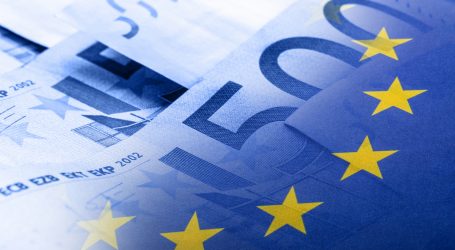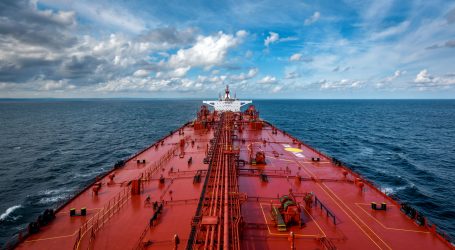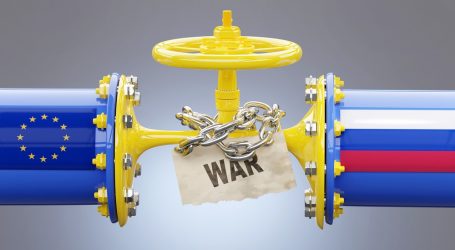Nord Stream 2 AG exempt from US sanctions [analysis / commentary]

On 19 May, the US Department of State submitted to the US Congress a mandatory report containing a list of entities subject to the targeted Nord Stream 2 sanctions provisions of PEESCA included in the 2021 defence bill.
According to a statement from Secretary of State Antony Blinken, four vessels, five entities and one individual involved in the NS2 pipeline, including the company responsible for its construction, Nord Stream 2 AG (100% owned by Gazprom), and its CEO Matthias Warnig, are listed in the report as subject to sanctions (provided they are not exempted).
An additional nine vessels owned or controlled by the state-owned Russian Maritime Rescue Service are to be subject to restrictions as a result.
At the same time, Blinken said it is in the US national interest to exempt Nord Stream 2 AG and its president and other executives from sanctions.
The US Office of Foreign Assets Control (OFAC) is also expected to publish guidance allowing a number of activities and transactions involving the Russian Maritime Emergency Service that are not related to the construction of NS2 to continue.
The restricted vessels include pipe-laying vessels (Akademik Cherskiy) and supply (Yuriy Topchev and Vladislav Strizhov) and research (Baltiysky Isliedoviel) services. In addition to them, Koksochimtrans, Mortransservice and Samara Heat Property Fund (co-owners of the vessel Akademik Cherskiy) were sanctioned, as well as the Maritime Rescue Service, which owns a number of units involved in various works on the NS2 construction.
According to Blinken, the report shows that the administration in Washington remains committed to energy security in Europe, but is doing so in a manner consistent with President Biden’s intention to rebuild good relations with partners and allies in Europe.
This would be confirmed by multilateral consultations between the US and European countries (including primarily Germany), which the US administration is obliged to hold before sanctions are imposed.
At the same time, the United States – as it declares – continues to oppose the completion of the project, which it sees as undermining the energy security of Europe as a whole, Ukraine and the countries on NATO’s eastern flank.
Moreover, at a meeting with journalists, State Department representative Jalina Porter stressed that the US will use all means to stop the finalisation of the investment.
Comment
- The new list of actors involved in the implementation of NS2 and subject to US sanctions is not as extensive as critics of Nord Stream 2 in Europe and the US (including the US Congress) would expect, and appears to be motivated primarily by US foreign policy objectives. This is indicated, among other things, by the timing of the announcement of the new restrictions – the day after Blinken’s conversation with German Foreign Minister Heiko Maas and just before his meeting with Russian Foreign Minister Sergey Lavrov.
- Although the list has been expanded from the previous one (the one presented to Congress in the second half of February this year included the ship Fortuna and its owner), all indications are that it will not lead to a halt in the construction of the last section of the gas pipeline. Despite the sanctions in place, the Fortuna has so far only been forced by weather conditions to stop laying the pipe at the bottom of the Baltic Sea. Currently, the work has accelerated due to the involvement of the Akademik Czerski from the end of April 2021 – both vessels can together lay up to approximately 2 km of pipe per day. According to estimates, their activities could be completed in September this year.
- It is also increasingly unlikely that the US will be able to impose further sanctions in time to disrupt construction. The next report identifying those subject to PEESCA sanctions should be submitted to Congress within 90 days, i.e. by 11 August this year. By then, the vast majority of the missing section of NS2 will likely be completed. Washington still has instruments at its disposal that could significantly impede the completion and operation of Nord Stream 2. Firstly, it could theoretically decide in the coming months, for example, to lift the exemptions from restrictions currently guaranteed to Warnig and Nord Stream 2 AG. It could also impose further sanctions on companies involved in certifying or insuring the pipeline, which would complicate and at least delay the start of the pipeline’s operation. Recent actions, however, seem to indicate a lack of political will on the part of the White House to strongly oppose the completion of NS2 at present.
- The scope of sanctions (imposing them only on Russian entities), the manner of their announcement, and the consistency of the Biden administration’s actions in this matter despite the clear criticism from Congress (which has been constantly in favour of blocking the construction of the gas pipeline and has criticised the actions of the State Department) show once again that the priority of the present administration is to improve relations with Germany. Washington seems to be counting on reaching an agreement with Berlin on the Nord Stream 2 issue and on German proposals to minimise the project’s negative impact on Ukraine and the EU. A compromise on Nord Stream 2 may also serve to strengthen American-German co-operation in other areas which are important for the USA. At the same time, actions related to sanctions are, to a certain extent, a derivative of US foreign policy objectives regarding relations with Russia. An additional factor discouraging Washington from taking any more decisive steps regarding the gas pipeline is the wait for the Biden-Putin summit, which has been tentatively announced for June this year.
rel. Portal Morski after Agata Łoskot-Strachota/ Ośrodek Studiów Wschodnich



